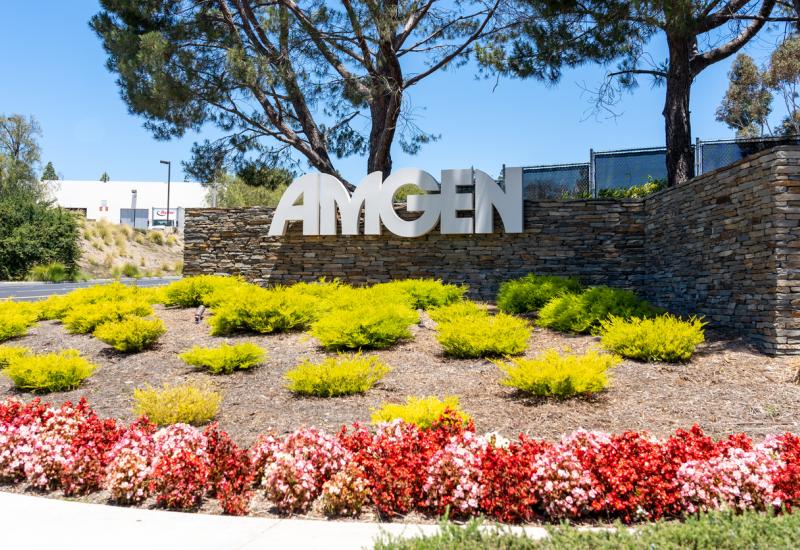
After 27 years Precigen gets an approval

Precigen, the company formerly known as Intrexon, has scored its first approval after a 27-year existence. The FDA nod, received on Friday, isn't for one of the Car-T therapies for which Intrexon was best known – that work was shelved last August – but for an immunotherapy now trademarked Papzimeos, for treating the rare non-cancerous condition recurrent respiratory papillomatosis (RRP). Papzimeos, which carries the INN zopapogene imadenovec and was previously coded PRGN-2012, is a non-replicating adenovirus encoding HPV 6 and 11 proteins; RRP is thought to be caused by chronic HPV 6 or 11 infection. Intrexon was founded in 1998, but achieved notoriety under the leadership of the billionaire Randal Kirk, who engineered a three-way tie-up with Ziopharm to license MD Anderson's Car-T work, which used the non-viral Sleeping Beauty transposon, for $100m in January 2015. This happened during Car-T mania, and two months later Intrexon and Ziopharm attracted Merck KGaA as a partner for this tech, but years of delays followed before this unwieldy arrangement was wound up. Intrexon was renamed Precigen and switched to adenoviral immunotherapies last year. Things have gone rather worse for Ziopharm, which was renamed Alaunos in 2022, and is now worth just $4m.
Precigen's adenoviral immunotherapies
| Project | Mechanism | Status |
|---|---|---|
| Papzimeos (PRGN-2012) | Gorilla-derived adenovirus encoding HPV 6 & 11 antigens | Approved Aug 2025 for recurrent respiratory papillomatosis |
| PRGN-2009 | Gorilla-derived adenovirus encoding HPV 16 & 18 E6/E7 antigens | Discontinued (reached ph2 Keytruda combo in ovarian cancer) |
| PRGN-2010 | Adenovirus encoding undisclosed solid tumour antigens | Discontinued in preclinical |
| PRGN-2011 | Adenovirus encoding undisclosed solid tumour antigens | Discontinued in preclinical |
| PRGN-2013 | Adenovirus encoding undisclosed antigens | Discontinued in preclinical |
Source: OncologyPipeline & Precigen presentations.
2024













